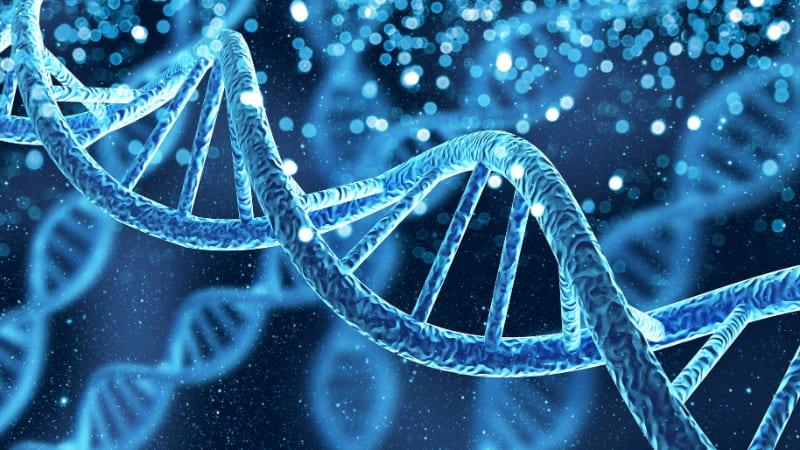
Kabuki syndrome
Kabuki syndrome is a multisystem genetic disorder involving characteristic facial features, growth and developmental delay, and skeletal abnormalities.

The more you understand about primary immunodeficiency (PI), the better you can live with the disease or support others in your life with PI. Learn more about PI, including the various diagnoses and treatment options.

Living with primary immunodeficiency (PI) can be challenging, but you’re not alone—many people with PI lead full and active lives. With the right support and resources, you can, too.

Be a hero for those with PI. Change lives by promoting primary immunodeficiency (PI) awareness and taking action in your community through advocacy, donating, volunteering, or fundraising.

Whether you’re a clinician, researcher, or an individual with primary immunodeficiency (PI), IDF has resources to help you advance the field. Get details on surveys, grants, and clinical trials.

Kabuki syndrome is a multisystem genetic disorder involving characteristic facial features, growth and developmental delay, and skeletal abnormalities.
Related genes: KMT2D, KDM6A
Inheritance pattern: Autosomal recessive
Kabuki syndrome is a multisystem genetic disorder involving facial dysmorphisms, growth and developmental delay, and skeletal abnormalities. Immune findings have been described including antibody deficiency and autoimmune cytopenias. Immunoglobulin (Ig) replacement therapy and immunosuppressive therapy may be indicated for treatment of these manifestations when present.
Read the latest research on Kabuki syndrome on PubMed. Note that not all publications listed in PubMed are freely available; some require a subscription to the publishing journal.
Browse researchSee if you qualify to participate in clinical trials evaluating new treatments and/or diagnostics for Kabuki syndrome.
This page contains general medical and/or legal information that cannot be applied safely to any individual case. Medical and/or legal knowledge and practice can change rapidly. Therefore, this page should not be used as a substitute for professional medical and/or legal advice. Additionally, links to other resources and websites are shared for informational purposes only and should not be considered an endorsement by the Immune Deficiency Foundation.
Adapted from the IDF Patient & Family Handbook for Primary Immunodeficiency Diseases, Sixth Edition.
Copyright ©2019 by Immune Deficiency Foundation, USA
Receive news and helpful resources to your cell phone or inbox. You can change or cancel your subscription at any time.





The Immune Deficiency Foundation improves the diagnosis, treatment, and quality of life for every person affected by primary immunodeficiency.
We foster a community that is connected, engaged, and empowered through advocacy, education, and research.
Combined Charity Campaign | CFC# 66309
